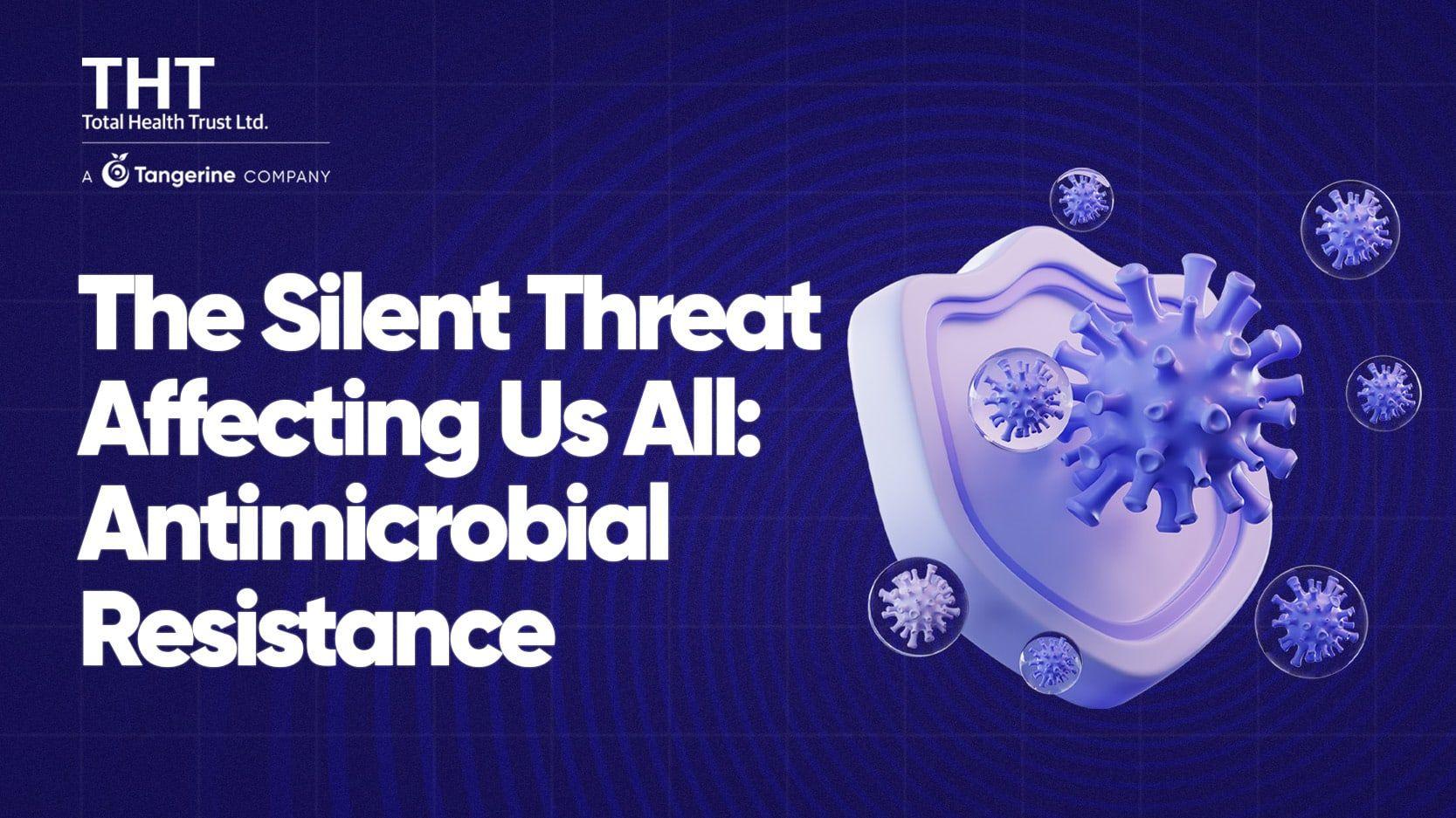
Your preferred comprehensive health insurance and well-being partner.

Your preferred comprehensive health insurance and well-being partner.
Healthcare

A few years ago, Mrs. A, a young mother, rushed her 3-year-old son to the hospital with what seemed like a simple throat infection. The doctor prescribed antibiotics, but after several days, her child wasn’t getting better. The bacteria causing the infection had become resistant to the prescribed drug. What should have been a quick recovery turned into weeks of hospital visits, stronger medications, mounting bills, and sleepless nights.
Mrs. A’s story is not unique. Every day across the world, including here in Nigeria, people are battling infections that no longer respond to standard treatments. This growing challenge is called Antimicrobial Resistance (AMR), and it’s a silent crisis we all need to pay attention to.
Antimicrobial resistance happens when germs like bacteria, viruses, fungi, and parasites evolve to resist the drugs designed to kill them. This means:
The result? Infections that were once mild or easily treatable could become life-threatening.
The rise of AMR is fueled by habits we often overlook:
Taking antibiotics for viral illnesses like the flu or common cold.
Each time we misuse these medicines, resistant germs gain strength and one day, they may no longer respond at all.
Think of it like this: when you take an antibiotic, it kills most bacteria. But if you don’t use it correctly, a few tough bacteria survive. These resistant ones multiply, spread to others, and over time, medicines that used to work lose their power. That’s how we risk going back to a “pre-antibiotic era”, where even a small cut, childbirth, or routine surgery could become dangerous.
The Real-Life Impact
While AMR can affect anyone, certain groups are especially vulnerable:
✅ Only take antibiotics prescribed by a qualified health professional.
✅ Always finish the full course of treatment.
✅ Never share or reuse leftover medication.
✅ Practice good hygiene: wash your hands regularly and prepare food safely.
✅ Get vaccinated to prevent infections before they start.
✅ Support responsible antibiotic use in farming and food production.
Mrs. A’s story reminds us that antimicrobial resistance is not a distant problem, it’s here, and it affects us all. But together, through responsible use of medicines, better hygiene, and stronger awareness, we can protect the effectiveness of life-saving treatments.